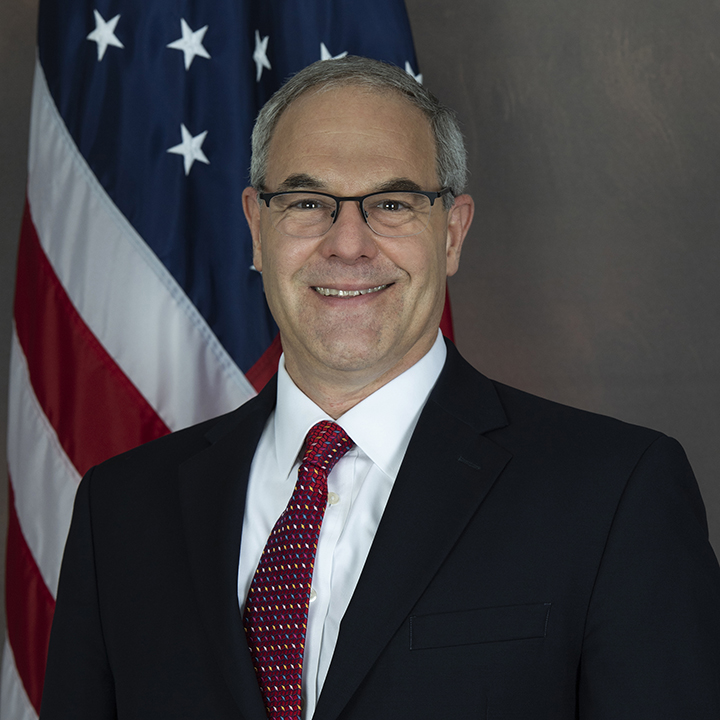
Dr. David Frey is professor of history in the Department of History & War Studies at the U.S. Military Academy in West Point, New York, where he has taught since 2004. He also founded the Stewart and Lynda Resnick Center for Holocaust and Genocide Studies in 2010 and directed it through 2025.
He is the author of Jews, Nazis, and the Cinema of Hungary: The Tragedy of Success, 1929–44 (IB Tauris, 2017), which won the 2019 biennial Hungarian Studies Association Book Award. He is co-author of Least-Worst Decisions: The Leadership of LTG Roméo Dallaire During the Rwandan Genocide (forthcoming), and co-author of Ordinary Soldiers: A Study in Law, Ethics and Leadership (USHMM, 2014).
Frey has written or co-written more than 20 articles, chapters, and reports on Hungarian film, the Holocaust, German history, genocide, leadership, espionage, extremism, and pedagogy. In 2012, he was a Fulbright research scholar in Hungary.
His current research primarily focuses on Jewish refugees who joined the U.S. Army military intelligence during World War II and contributed to reshaping concepts of American citizenship and belonging. This work led to appearances on 60 Minutes and was the focus of his 2021–22 William J. Lowenberg Memorial Fellowship on America, the Holocaust, and the Jews at the Mandel Center for Advanced Holocaust Studies, U.S. Holocaust Memorial Museum.
Frey is currently a member of a large multi-university project on radical narratives and misinformation, and disinformation. He directs multiple multidisciplinary, mass atrocity-related research projects. He has received individual grants and fellowships from the Defense Advanced Research Projects Agency, Fulbright, the Lantos Foundation, the Lucius Littauer Foundation, Fulbright-Hays, the German Academic Exchange, the Mellon Foundation, the Harriman Foundation, and the American Council of Learned Societies.
He taught at Columbia University after earning his doctorate in Central European history in 2003. In 2020, he won West Point’s highest award for teaching and scholarship, the Phi Kappa Phi National Honor Society Peter L. Zhu Scholastic Achievement Award.
Frey teaches courses on genocide, the Holocaust, fascism, modern German history, modern Central European history, African history, the Army of the Republic, and identity, unity, and conflict.
He serves on the U.S. Holocaust Memorial Museum’s Education Committee, the Advisory Board of the Holocaust Education Program at the National World War II Museum, and the Executive Committee of the Consortium of Higher Education Centers of Holocaust, Genocide and Human Rights Studies.
Ph.D. - Columbia University
M.Phil. with distinction - Columbia University
M.A. - Columbia University
B.A. - Dartmouth College